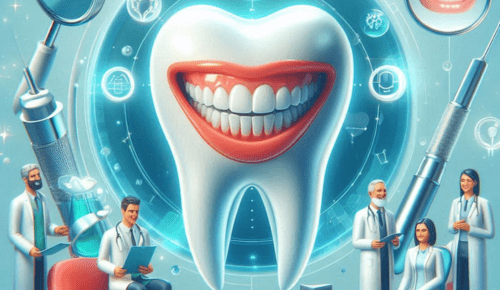Primary care is like a trusted guide in the health journey. It’s the one-stop shop for all health needs. We find it convenient because it brings many services together. Primary care covers it all from routine check-ups to nutritional counseling midtown east. This approach simplifies life and promotes better health outcomes. Let’s explore how this works and why it matters.
What Is Primary Care?
Primary care offers a broad range of services. It is the first point of contact in the healthcare system. You receive care for common illnesses, advice on lifestyle changes, and management of chronic diseases. Primary care doctors often coordinate with specialists for more complex issues. This coordination ensures comprehensive care without confusion.
Services Offered
Primary care covers various services, making it a one-stop shop. Here are some key areas:
- Preventive Care: Regular check-ups and screenings to detect health issues early.
- Chronic Disease Management: Ongoing care for conditions like diabetes and hypertension.
- Nutrition and Lifestyle Advice: Guidance on diet and exercise for better health.
Benefits of Primary Care
The benefits of primary care are numerous and significant:
- Comprehensive Care: All services under one roof make it easier to manage health.
- Continuity: Building a long-term relationship with a primary care provider improves care quality.
- Cost-Effective: Preventive measures reduce the need for costly treatments later.
Data on Primary Care Effectiveness
Studies show that strong primary care systems improve health outcomes. For example, countries with robust primary care often have lower hospital admission rates. They also have higher patient satisfaction levels. Below is a comparison table highlighting the impact of primary care:
| Aspect | With Strong Primary Care | Without Strong Primary Care |
| Hospital Admissions | Lower | Higher |
| Patient Satisfaction | Higher | Lower |
| Chronic Disease Management | More Effective | Less Effective |
Access to Primary Care
Access to primary care can vary. Factors like location and insurance coverage play a role. Urban areas might have more options compared to rural places. However, efforts are underway to improve access. The Healthy People 2020 initiative aims to increase the number of people with a regular primary care provider. This focus on accessibility is crucial for improving public health.
Conclusion
Primary care is a pillar of effective healthcare. It provides comprehensive, continuous, and cost-effective care. By integrating various services, it simplifies the healthcare experience. Primary care improves health outcomes and patient satisfaction by emphasizing preventive care and chronic disease management. Understanding its benefits can lead to better use of healthcare resources and healthier lives. For more information on primary care and its importance, visit the Centers for Disease Control and Prevention.




